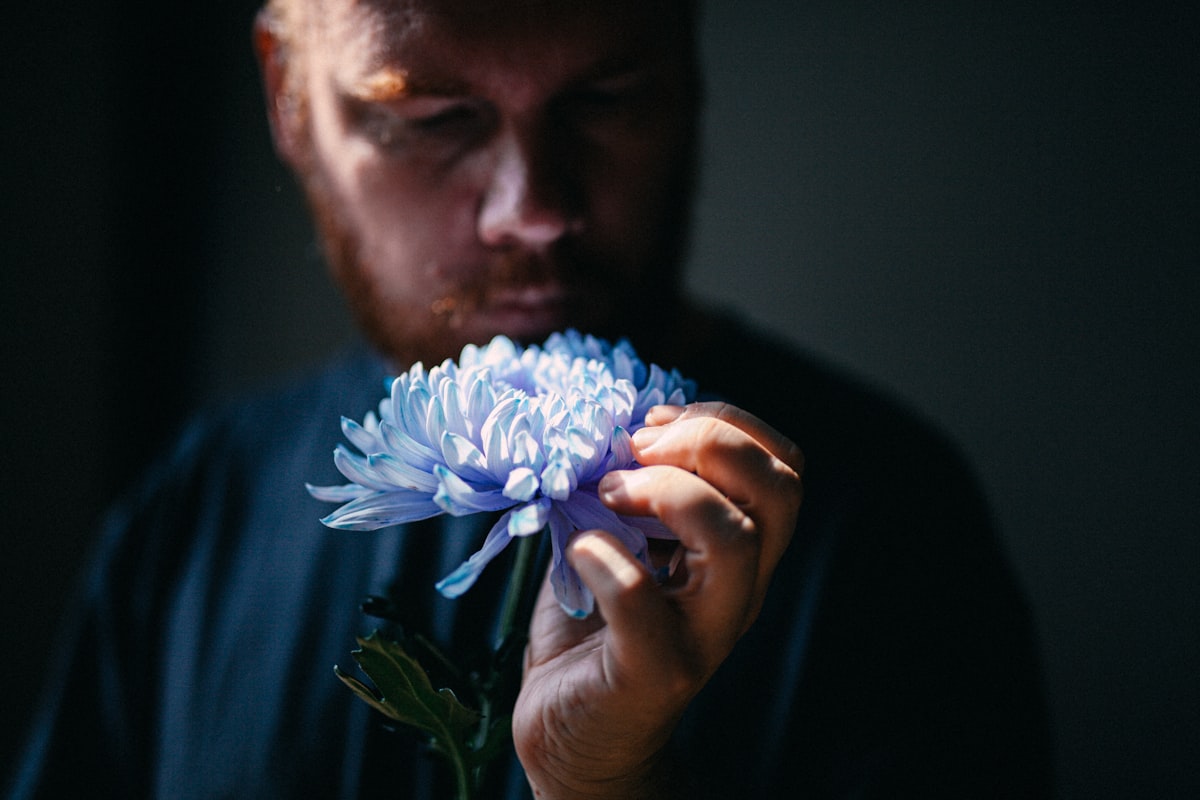How to regain your sense of smell after Covid-19?
Understanding the important consequences following Covid-19 disease and why they are more troublesome than the possible side effects of the vaccine.

After contracting Covid-19, the most common complaints are severe mood changes, chronic fatigue, inability to perform physically strenuous activities, and difficulty doing mental work at the same level as before the illness. The sense of taste may not return or may change, and even if it reappears at some point after the illness, it may disappear again at another point.
Covid-19 is known to be associated with olfactory disturbances. In the acute phase of the disease, there is no sense of smell at all, but it usually returns within a few weeks of becoming ill. However, the sense of smell is rather poor at first. Some people may continue to have it for half a year or more after becoming ill. The absence of this important sense undeniably causes discomfort and reduces the quality of life.
Even more unpleasant, when the sense of smell returns, it turns out to be altered. There are cases where a person constantly smells an unpleasant odor when there is none. If the sense of smell is altered, seek help from a specialist. In many cases, it is possible to find medication and relieve the troublesome symptoms.
Another important point to stress is that people who have had health problems or a chronic illness before contracting Covid-19 may suffer from an exacerbation of the illness. In their daily work with epilepsy patients, doctors have observed that a certain number of patients with previously well-treated epilepsy return with seizures and the same course of the disease as before the successful treatment after Covid-19 treatment.
There is still no specific treatment therapy, but this is not to say that there are no options. For example, if the sense of smell is impaired after Covid-19, it is recommended that these people do intensive olfactory training every day - putting intense smells in front of them, such as different spices (except irritants which can damage the nasal mucosa). Stimulating the olfactory system in this way helps it to recover more quickly.
It is more difficult if the sense of smell is abnormally altered. This is most likely because Covid-19 affects the olfactory receptors. These are also the nerve cells that transmit impulses from the nasal mucosa to the brain. If the olfactory receptors have died, the connections between the nasal mucosa and the brain are re-formed and can malfunction. It should be noted that if the sense of smell is altered after Covid-19, there are cases where antiepileptic drugs have been successful. These reduce brain activity and also slow down the perception of unpleasant smells.
Taste changes and a dry mouth, which can also produce a metallic taste, can also be caused by side effects of medicines, among other reasons. Antibiotics containing tetracycline, gout medicines with allopurinol, psychiatric medicines with lithium, and some heart medications are the most likely to cause a metallic taste. Daily multivitamins containing, for example, zinc, iron, or copper can also leave a metallic taste in the mouth. The same applies to prenatal vitamins, iron and calcium supplements, and cold remedies containing zinc.
However, unlike the changes in smell and taste caused by Covid-19, there is no cause for concern in these cases, as the unwanted taste usually disappears once the medicine has been processed and taken up by the body. If the sense of smell or taste is altered for a prolonged period, a specialist should be consulted. This should not be seen as a minor disorder, as it is changed in the sense of smell that can be an early sign of cognitive impairment, which can have a variety of causes.
It is important to bear in mind that after Covid-19, you can get state-funded rehabilitation, which includes psycho-emotional support and physiotherapy to restore your physical strength. Those who had respiratory problems during the illness can receive respiratory physiotherapy. Dosed hypoxia is available, a machine that allows you to breathe through a special mask, increasing the oxygen concentration from time to time and then decreasing it again for a few minutes. This simulates high mountain conditions, which helps to activate the body's internal processes and restore the quality of breathing. It is a way to help in situations where classical rehabilitation methods cannot achieve the desired result.
In the EU, there have been some cases of serious side effects after vaccination, such as a temporary exacerbation of an autoimmune disease, but these side effects do not limit the quality of life as much as they often do after Covid-19. The general rule is that the more severe the disease, the more complications are seen after the recovery. But this disease is special - even a relatively mild course can have long-term consequences.
Some people experience side effects after receiving the coronavirus vaccine. There may be temperature, headache, extreme fatigue, local pain at the puncture site. In most cases, the side effects last for a few days, but in some people, they continue for several weeks or even longer, although the symptoms become weaker with time.
We live in turbulent times when it is particularly important not to conflict and confront, but to support each other, to be empathetic and responsible. Perhaps a loved one is struggling with the effects of Covid-19 - they could use both physical support and encouragement. Someone else may still be unable to overcome their fear of vaccination or maybe following the misinformation flooding the internet. They could benefit from a meaningful, science-based, explanatory conversation with their doctor and from intelligent relatives who can support science-based thinking and motivate them to get vaccinated.
The Covid-19 vaccine is not the first vaccine in the world. Over the decades, vaccines against many diseases have been developed and successfully used to protect against severe disease processes such as tuberculosis.
The side effects of vaccination (except in a few rare cases) are nowhere near as severe and long-lasting as the effects of Covid-19 disease. Side effects, if any, should be reported and discussed with your GP. It should be borne in mind that the victims of Covid-19 are not only those who have died from the disease but also all those who, after contracting the disease, struggle with the severe and long-lasting consequences of the disease.




